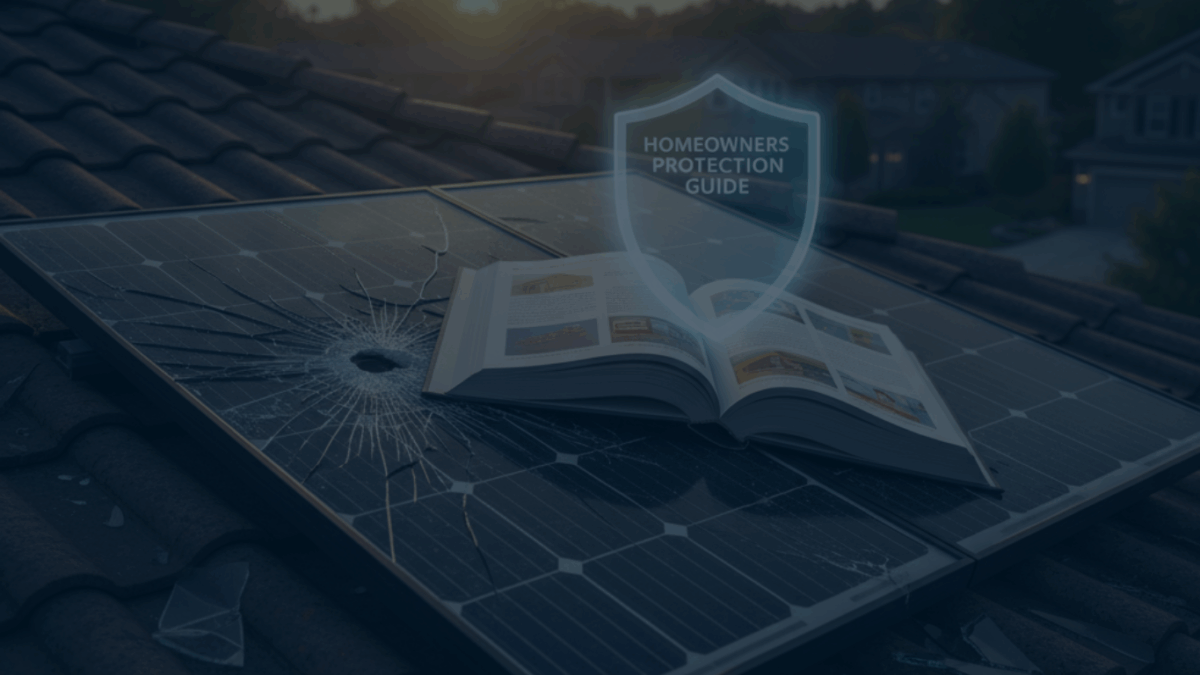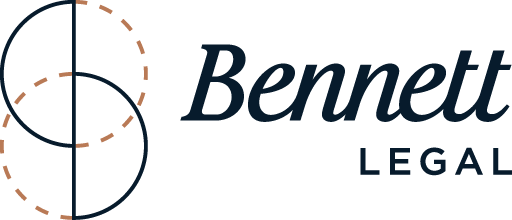
Have you been approached with a “too-good-to-be-true” solar offer? Maybe someone knocked on your door claiming you qualify for “free solar panels.” Or perhaps you signed what you thought was a simple installation agreement, only to later discover hidden loans or a lien against your home.
If you’ve felt pressured, confused, or left in the dark about what you actually signed — you’re not alone. Homeowners across the country are facing the same problem: solar panel fraud.
This kind of deception isn’t just frustrating — it can put your credit, your finances, and even your home at risk. But the good news is, you can protect yourself and your family once you understand how these scams work, how dishonest companies target unsuspecting homeowners, and what legal protections are available to you.
Our goal here is to educate you on the very same- let’s get started.
What is Solar Panel Fraud?
Solar panel fraud occurs when homeowners are misled, manipulated, or pressured into unfair or unlawful contracts involving solar energy systems. Fraud can appear in both solar purchases and solar leases, and often involves:
- Hidden or altered financing terms
- Unauthorized liens on property titles
- Inflated system costs for substandard equipment
- Misrepresented savings or tax incentives
The danger isn’t limited to unexpected bills. Fraudulent solar contracts can block you from refinancing, prevent you from selling your home, and in some cases, lead to foreclosure proceedings tied to illegitimate liens.
Types of Solar Panel Fraud
While the solar industry has legitimate companies and technology that can lower your energy costs, the sales and financing side is where fraudulent practices thrive. Common examples include:
- Misleading or altered contracts: The documents signed contain terms completely different from what was promised.
- Hidden loans disguised as “free solar”: Payments are buried in fine print through predatory financing.
- Unauthorized or predatory liens: Securing debt you didn’t agree to, or filed incorrectly to cloud your property title.
- Inferior equipment swaps: Delivering cheaper, lower-output panels than contracted.
- False Incentive Claims: Misleading homeowners into believing they qualify for federal or state rebates when they don’t.
These tactics are designed to trap homeowners long after the sales pitch is over.
How Fraudulent Companies Target Unsuspecting Homeowners
Bad actors don’t usually rely on one approach — they use multiple tactics designed to pressure or confuse you. Here are the most common strategies:
- Aggressive Door-to-Door Sales: Reps push you to sign on the spot for “limited-time offers.”
- Government Program Claims: Calls or mailers saying you qualify for “federal-subsidized solar” that doesn’t actually exist.
- Misleading Trade Show Booths: Pop-up stalls at home shows offering “exclusive discounts.”
- Targeting Vulnerable Groups: Senior homeowners, families with language barriers, or those struggling financially are often prioritized because they may be less likely to challenge fraudulent terms.
- Complex, Rushed Paperwork: Contracts are intentionally lengthy, confusing, or sent digitally with no time to review before e-signing.

The Real Impact of Solar Panel Fraud
Falling victim to solar fraud can:
- Delay or block refinancing.
- Prevent you from selling your home.
- Damage your credit score.
- Force you into surprise debts or inflated payoff demands.
Example: In Florida, a homeowner agreed to a $19,000 system. The signed contract — manipulated after the fact — listed a $38,000 loan and included a UCC lien. When they refinanced their home, the lien showed up on the title and had to be fought in court before the loan could close.
The Hidden Threat of Predatory Liens
A lien is a legal claim against property as collateral for a debt. In legitimate financing, liens are disclosed and removed shortly after the debt is paid. Predatory liens are different — they are filed without your informed consent, in the wrong place, or for an exaggerated amount.
This type of fraudulent filing can:
- Freeze your ability to sell or refinance your home.
- Pressure you into paying inflated sums.
- Cause conflicts with other creditors.
- Trigger potential legal action from the lienholder.
Solar liens are especially dangerous because solar equipment often sits in a legal gray area — part of your property, but also personal property — making disputes more complicated and giving shady companies room to exploit that ambiguity.
How Solar Fraud Leads to Home Equity Theft

When a fraudulent lien is tied to your home’s title, the repercussions are serious. It can stall a planned refinance, alienate potential buyers, and even result in losing thousands of dollars from a rushed settlement just to clear the title.
Example: In New Jersey, a homeowner faced a $55,000 lien for a $27,000 solar system. The company refused to release the lien until it was paid. Bennett Legal intervened, proved the lien was fraudulent, had it removed, and recovered attorney’s fees through the state’s Consumer Fraud Act.
Who Is Most at Risk?
Fraudulent solar sales tactics tend to target those who are less likely to scrutinize contracts or fight unfair agreements, including:
- Senior homeowners, particularly those living alone.
- People with limited English proficiency.
- Homeowners behind on mortgage or utility payments.
- Those with little experience hiring attorneys or reviewing legal documents.
Common high-pressure sales scenarios:
- Aggressive door-to-door “special offer” pitches requiring an immediate signature.
- Calls claiming you qualify for “government-subsidized solar” that expires today.
- Pop-up booths at home or trade shows pushing “exclusive” discounts.
How to Protect Your Home from Solar Fraud
- Do your research: Check the company’s background on the Better Business Bureau, consumer complaint databases, and state licensing boards.
- Read and understand every contract: Watch for lien clauses, balloon or escalating payments, and any language claiming a security interest in “all property” or “real estate fixtures.”
- Get legal advice before signing: An attorney can spot red flags in minutes that might cost you thousands later.
- Monitor your property and lien records: In most states, you can search UCC filings and county property records online for free in just a few minutes.
- Report suspicious activity: Your state attorney general, the FTC, the CFPB, and Bennett Legal can investigate and take action against repeat offenders. We are at every step of the way to help you.
Legal Remedies for Victims of Solar Fraud
If you’ve already been harmed by a fraudulent solar contract or lien, there are legal tools available to help:
- UCC Termination Filing: Forces the lienholder to remove the lien when there’s no valid debt.
- Wrongful lien affidavit: Publicly disputes the lien’s legitimacy in official records.
- Consumer protection claims: Many states allow recovery of damages, sometimes triple the actual damages (treble damages), plus attorney’s fees.
Bennett Legal has removed fraudulent liens in as little as 48 hours in urgent refinancing or home sale situations, and we fight to recover financial compensation for the harm caused.
Frequently Asked Questions
How can I tell if a solar contract is fraudulent?
Look for inconsistencies between what you were told and what you signed, undisclosed lien terms, interest rates, or repayment schedules not mentioned by the salesperson.
What should I do if I suspect solar fraud?
Stop communications with the company’s sales rep and get a full copy of all documents you signed. Contact an attorney immediately to review your case.
Are there legal protections against predatory liens?
Yes. Every state has laws against wrongful lien filings, and many provide specific consumer fraud protections with the right to recover attorney’s fees.
Can Bennett Legal help even if I live outside their state?
Yes — our firm works with local counsel when needed and coordinates multi-state cases for homeowners facing predatory solar practices.
You Are Not Alone
Your home should be a place of safety and stability, not a source of stress caused by hidden contracts or fraudulent liens. Yet too many families are pressured into agreements that threaten the very investment they worked so hard to build.
At Bennett Legal, we have seen how predatory solar companies operate, and we know the toll it takes when your credit, your title, and your peace of mind are at risk. That is why we focus our practice on protecting homeowners from these deceptive practices.
With the right legal guidance, you can remove fraudulent liens, challenge unfair contracts, and stop the damage before it spreads. You do not have to face this battle by yourself.
Bennett Legal is here to stand with you, defend your rights, and help secure the future you and your family deserve.
📞 Contact us today for a free consultation. Your home, your credit, and your financial future are worth protecting.

